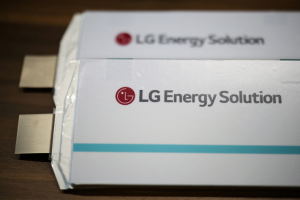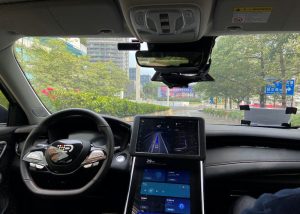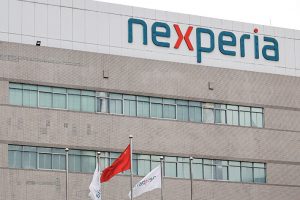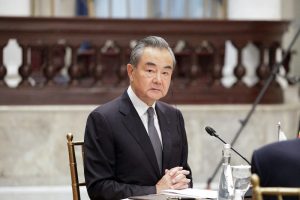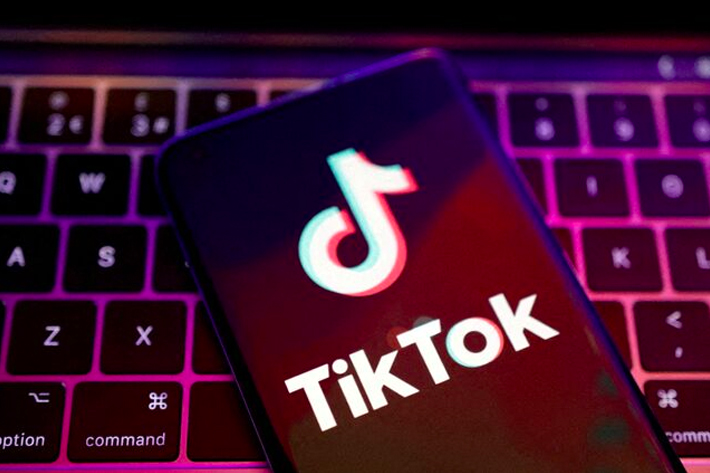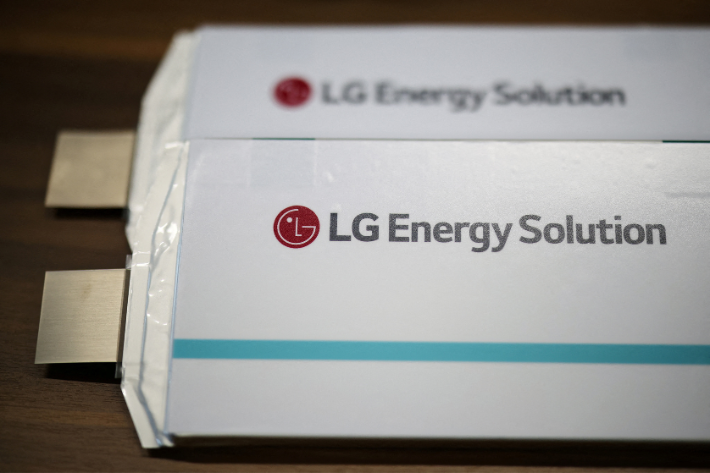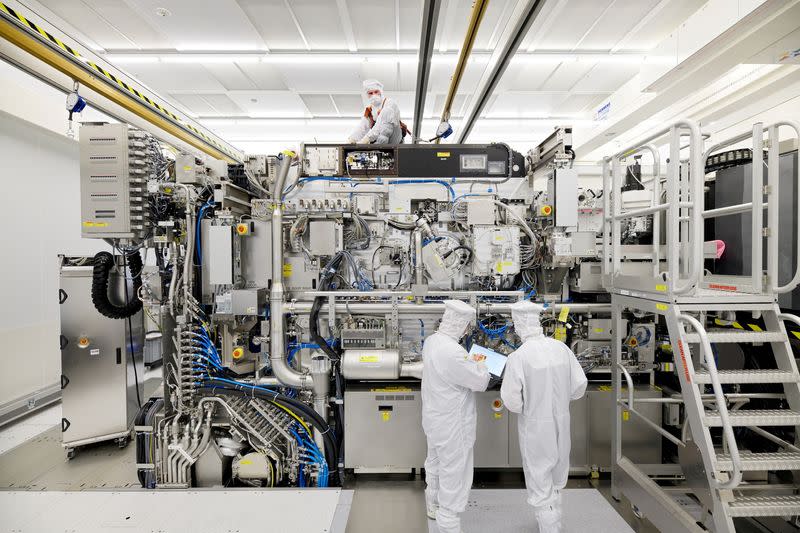Less than two weeks after members of the European Union voted to impose hefty tariffs on China-made cars, state media backed by Beijing has accused the bloc of using “insincere tactics” to subvert dialogue to prevent the new levies.
The EU was “making unreasonable demands, not responding positively to sensible offers from the Chinese side and attempting to split up Chinese electric vehicle (EV) producers in negotiations,” Beijing mouthpiece Global Times said on Wednesday, citing sources.
GT claimed that while publicly claiming it was committed to ongoing negotiations with China, EU had “shown sufficient sincerity in the actual talks.”
Also on AF: All-Time-High EV Sales in China Defy Slowdown Worry
The outlet said that a primary example of the EU’s “insincerity” was its decision to “conduct separate negotiations with different EV makers”, while turning down offers on minimum import prices from Chinese negotiators.
Last week China’s Ministry of Commerce claimed the EU was conducting separate talks with Chinese EV-makers, without citing any evidence. It said there had been “relevant reports” on the issue.
Various manufacturers including European-owned companies in China have authorised the China Chamber of Commerce for Machinery and Electronics (CCCME) to propose a price commitment plan that represents the overall position of the industry, the commerce ministry said.
By negotiating with some EV-makers outside of the talks with CCCME the EU would “shake the foundation and mutual trust of the negotiations”, the ministry said.
That statement followed the EU’s rejection of China’s proposal to sell exported EVs in Europe at a minimum price of 30,000 euros ($32,000).
GT’s report on Wednesday took the ministry’s accusations a step forward by claiming the EU’s separate negotiations were “an attempt to sow division” within the Chinese EV industry.
This is the second time Beijing has accused the EU of using its anti-subsidy measures to harm Chinese industry.
In June, Chinese state-backed media claimed the bloc was using its investigation into subsidies for the country’s EV-makers as a means to “spy on China’s new energy vehicle technology.”
Tough road ahead
Meanwhile, Beijing claims it has shown “utmost sincerity” to the negotiation process.
Chinese negotiators worked through national holidays and produced 27,500 pages of materials to engage in talks spanning 50 hours with the EU, GT claimed.
On Thursday, a commerce ministry spokesperson also said Beijing had invited the EU’s technical team to China to continue face-to-face consultations on the tariffs that are set to come into force starting next month.
Those efforts, however, may not necessarily be fruitful.
Early this week, a senior EU official told Reuters that the negotiations pose a “formidable challenge” as offers need to be adequate and enforceable.
“It seems very, very difficult to reach an agreement by the end of October,” the official said.
Any solution “needs to be fully enforceable, and it needs to be monitored very, very closely, and the risk of circumventing undertakings need to be reduced significantly,” the official added.
Negotiations could extend beyond October, but the process would remain incredibly complex.
Speaking to the challenge European Commission chief Ursula von der Leyen explained on Monday the many questions that negotiators would need to answer to reach a solution.
“What could be the compensation that is offered instead of countervailing duties, for example? And there is the question of price commitments that are on the table, investments in Europe,” von der Leyen said.
“These are all questions that are on the table, as always in negotiations. Everything has only been negotiated when the last piece has been negotiated.”
The Commission has maintained that the responsibility for finding a solution will remain on China.
- Vishakha Saxena, with Reuters
Also read:
Tariffs on Chinese EVs Will Speed up EU Plant Closures: Tavares
EU Warns ‘China Must Adapt’ to Resolve Trade Disputes
EU Backs Large Tariffs on Chinese EVs But Talks Will Continue
Chinese Carmakers Call For 25% Retaliatory Tariffs on EU Cars
Stellantis CEO Calls China EV Tariffs a ‘Trap’. He May Be Right
China EV Firms Scaling Back European Plans Over Subsidy Probe
European Farmers Fear Trade War With China Over EV Tariffs
China’s BYD Welcome to Open an EV Factory in France: Minister
As EU Eyes Tariffs, European States Chase China EV Factories





